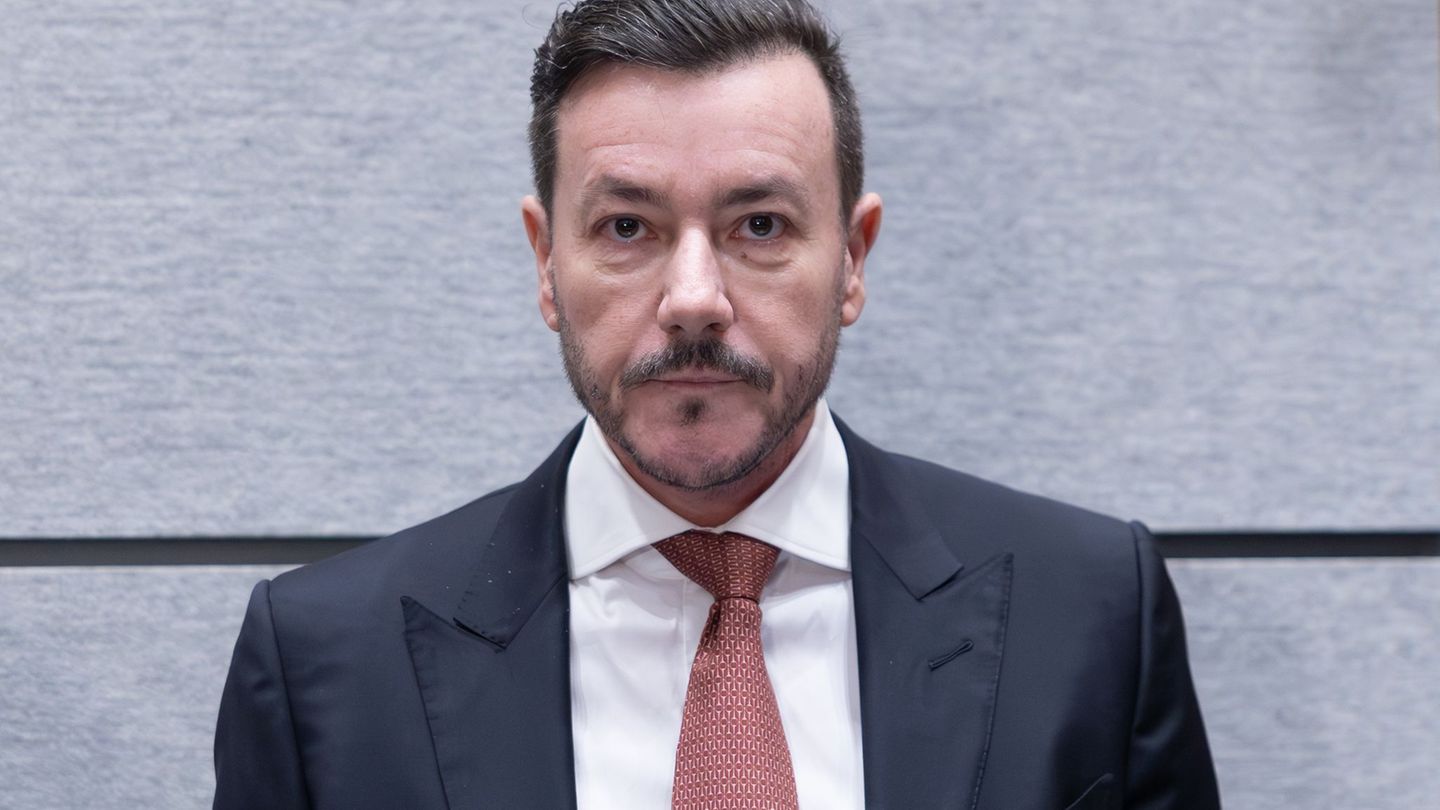In an international context with high volatility and geopolitical risks, Mario Blejerformer president of the Central Bank (BCRA) during the government of Eduardo Duhalde, warned that Argentina’s situation could become more complicated if adjustments are not made to the economic program.
In an interview with La Nación, Blejer stressed that international volatility is due to an increase in global risks, influenced by conflicts such as those in the Middle East, Ukraine and Taiwan, as well as by political uncertainty in the United States in the face of upcoming elections.
According to the economist, although these factors are not new, their confluence in the same period has generated a perception of a lack of control over events: “There are more elements over which one has no control and which change more quickly. There is no purely economic origin, there is a geopolitical context in which the perception of risk has increased.”
The impact of the global crisis in Argentina
He also warned of the possibility of a recession if the Federal Reserve (Fed) does not properly manage the situation in the United States: “If the Fed continues to keep interest rates relatively high, there may be a problem. The Fed would have to lower the rate at the next meeting.”he indicated.
The Fed is currently faced with the dilemma of keeping rates high to control inflation or lowering them to avoid a recession, which puts additional pressure on the global economy and, therefore, on Argentina.
In this context, the recent rate hike in Japan – which Blejer considers highly premeditated – also adds pressure on global markets, making financing more expensive and keeping the country risk high despite some progress in managing the economy.
He stressed: “Investors are still not convinced that Argentina’s problem will really be resolved.” He was also asked if it would be possible to achieve 0% monthly inflation by the end of the year, to which he replied: “It is possible, like anything else, but it doesn’t make sense to pay the price.”
To achieve this, “we must take exaggerated fiscal action and raise all taxes. It is possible, but it is not logical. If we reach a monthly inflation of 1%, it will also be very good to continue the transition.”
Structural reforms and strategies to mitigate external crises
For Blejer, external shocks must be absorbed, and the government should maintain consistency in its policies and be flexible: “The government has to be consistent in doing the things it has to do, and continue to make some adjustments,” and he recommended, “I would not intervene too much in the parallel market. The system as it has worked until now was fine. I do not see any need to use reserves to take pesos out of circulation.”
He also stressed the importance of accumulating reserves to ensure exchange rate stability and reduce the exchange rate gap, a direct reflection of the cepo: “The current cepo is much less restrictive than it was just three months ago,” and added, “I don’t think there is a marked dichotomy at this time,” suggesting that current conditions require another objective.
In this regard, he acknowledged the need for a higher exchange rate to strengthen the country’s reserves: “Yes, a higher exchange rate is needed to accumulate reserves, but that higher exchange rate could also be achieved by eliminating the exchange controls, reducing the restriction,” he explained.
However, he also stressed that To eliminate the exchange rate trap, it is essential to have adequate access to reserves. “Therefore, if the international situation is more complicated, access to credit in general for everyone, including Argentina, is more difficult,” he warned.
Blejer believes that it is possible to implement these reforms without having a sufficient amount of dollars, but only if the measures are adopted in an orderly manner: “There is time if things are done in an orderly manner – an idea of the direction in which things are going – that is how the rest of the Latin American countries eliminated inflation.”
The key to long-term economic success lies in structural reforms, such as labor reform, which would improve efficiency and reduce labor costs: “It is important because it will eliminate a large number of problems in the labor market, which is why labor in Argentina is expensive.”
However, he admits that time is a critical factor and that the results will not be seen immediately: “What worries me most is that they cannot avoid a negative public reaction while the adjustment is being made,” concluded Blejer.
Source: Ambito




